Kingpins: The Story of Nigeria’s most Notorious Armed Robbers : Episode 5 – Kayode Williams
Kayode Williams – the former armed robber championing prison reforms
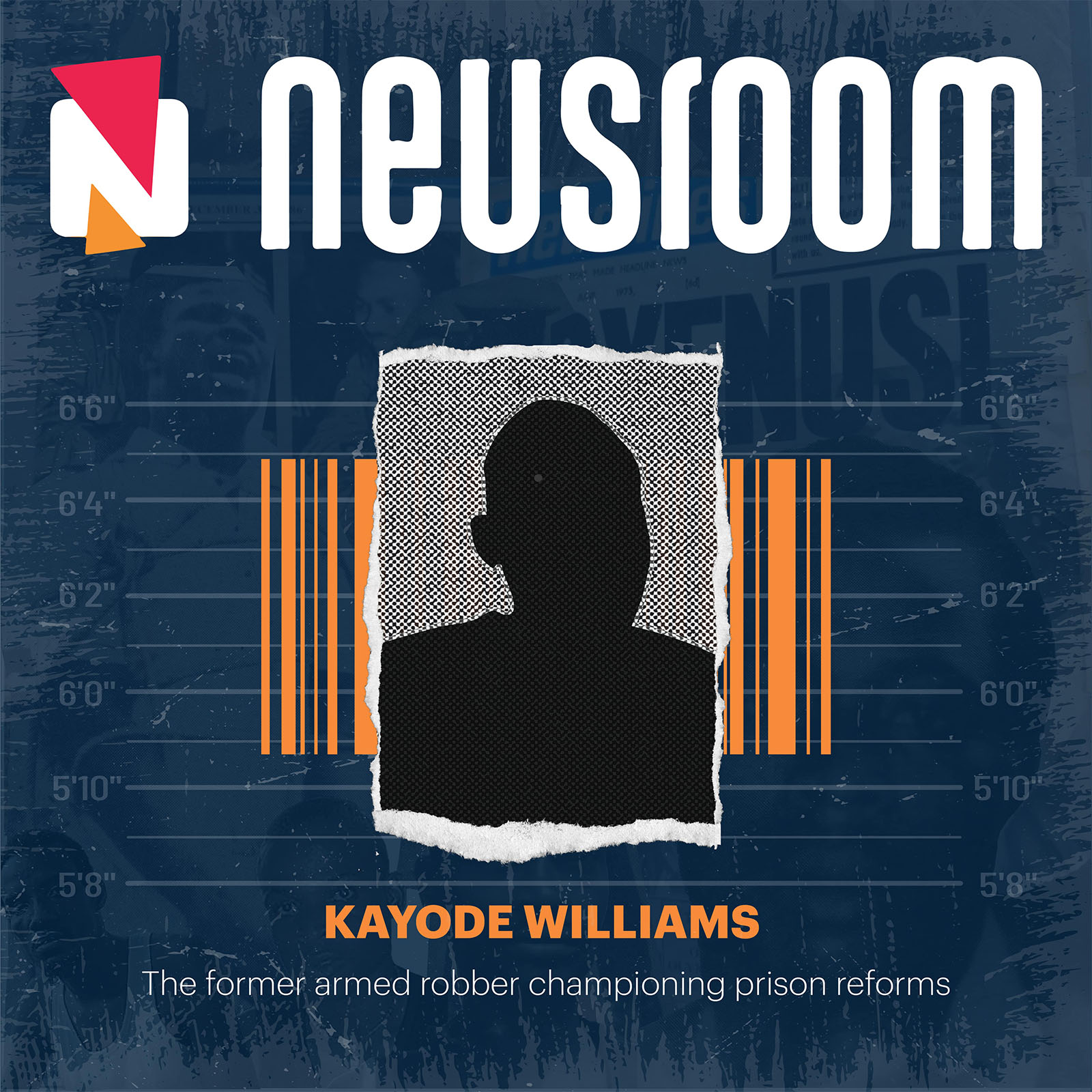
Kayode Williams – the former armed robber championing prison reforms
Written by Michael Orodare for Neusroom
Additional reporting by Folayan Adejoke
14 April 2021
Bishop Kayode Williams was only a teenager in secondary school when circumstances led him into the wrong circle. He received training from men whose atrocities shook the nation in the 1970s. The likes of Ishola Oyenusi, Babatunde Folorunso, and several others.
Today he is one of the known redeeming features of the dark days of Oyenusi.
Trained by Oyenusi and other notorious criminals in the 1970s after he strayed into their gang as a teenager. Jailed for 10 years for armed robbery. This is the story of Kayode Williams.
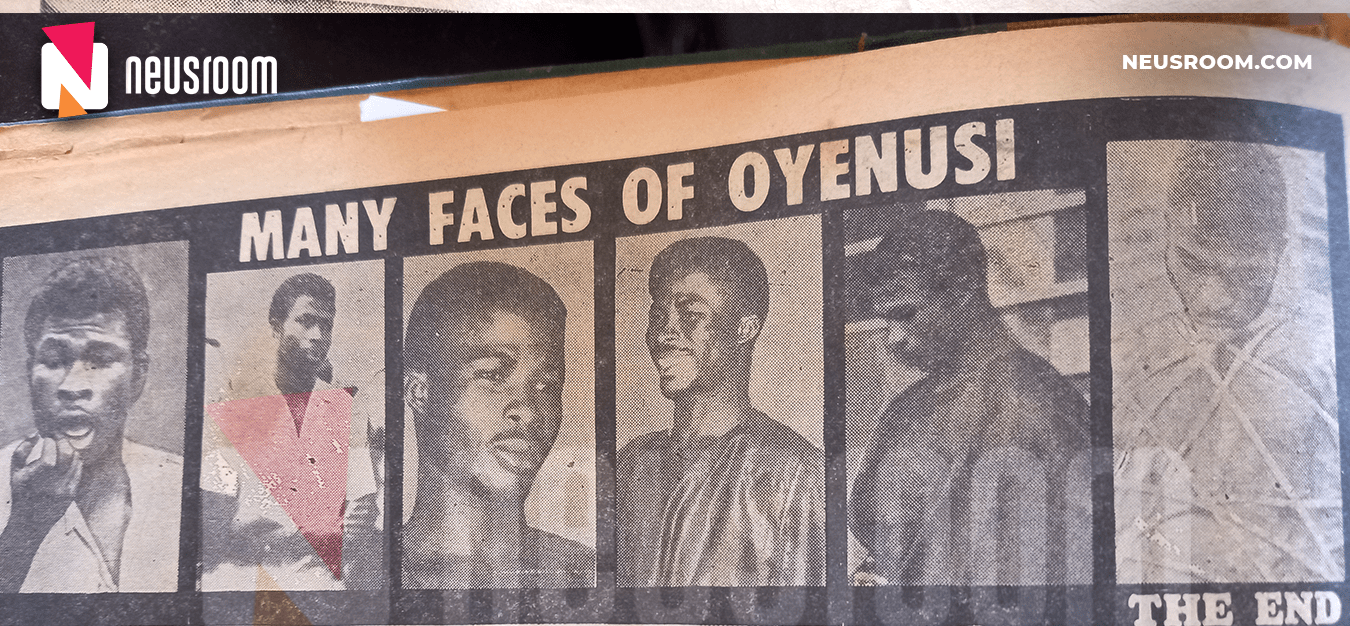
‘Dr’ Ishola Oyenusi one of the ruthless kingpins who Williams learned from. Photo: National Archives.
The Man Kayode Williams
Born in 1954, the story of Williams’ journey into crime is unique
Unlike many bandits who wanted to escape poverty, by all means, Williams, the only son of his mother’s two children, didn’t take to robbery because of hardship. His love for freebies lured him into crime.
His mother was a devout Christian and a prominent fabric dealer at the popular Gbagi market in Ibadan in the 1960s. Gbagi was one of the biggest and more popular fabric markets in Nigeria at that time. Only top members of the society, wives of politicians, could afford to own a shop at Gbagi.
H.I.D Awolowo, the wife of late Premier of Western Region, Obafemi Awolowo, owned a fabric shop close to his mother’s shop at Gbagi, Williams told us.
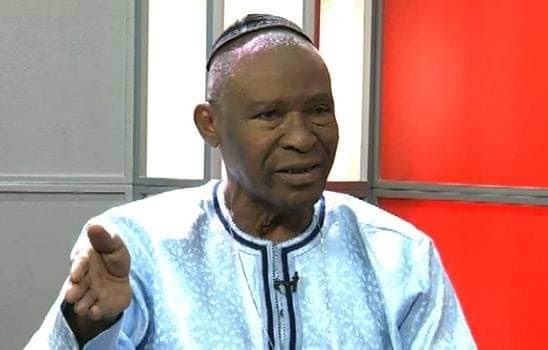
Unlike many bandits who wanted to escape poverty, by all means, Williams’ love for freebies lured him into crime. Photo: Channels TV.
In his words, “my mother had that type of elitist combination of life. She was not a petty cloth trader; she had a big shop at Gbagi then.” And his mother ensured he got a good education.
“My mother was really involved in my upbringing and she is a mother to the core. She tried her best to make sure I lived a good life and be a Christian,” he told Neusroom in an interview.
Williams also took an interest in sports. He told Neusroom he was the goalkeeper of his school’s football team – Hope Grammar School, Ibadan, now Adelagun Memorial Grammar School.
“I was highly recognised as a very good goalkeeper. I played for WNBC and IICC as a junior goalkeeper.”
So what went wrong?
Things went south when Williams strayed into a group of affluent young men in his neighbourhood. He was a teenager, they were in their 20s. He admired their ways, took interest in them, and wanted to be like them.
Although he told Neusroom he doesn’t like talking about his ugly past, in a previous interview, Williams recounted how he found himself in the circle of the most dreaded armed robbers in Western Nigeria from the 1960s to early 1970s. The group was made up of men he looked up to in the neighbourhood.
“I was in secondary school, I saw them and they beckoned on me to help them buy a packet of cigarettes, which I did. I was given one Pound note and I bought the cigarette for two Shillings, six pence and I gave them the balance of 17 and six pence. But they told me to go with the balance. That was more than the salary of my teacher then, which was 17 shillings,” he said.
His journey into crime started when he decided to visit the gang the next day to thank them for the gift.
“I was hanging out with the wrong crowd,” he told the BBC in 2006. “They were different to the rest of us teenagers in the area – they dressed well, looked smart, they smoked marijuana.”
He ran errands for the gang, and he was handsomely rewarded.
During another visit, the gang gave him £15,000 (Nigeria’s official currency in the 1970s). The gift was proceeds from an operation.
He narrated:
“I think during their operation, they attempted to force the safe open with bullets and that affected some of the notes, which was why they wanted me to change the money. I met a banker who was living in our house at the time and he changed the money with a claim that I might have to part with some of the money if his superiors would allow him to change it for me at the bank after initial hesitation. He went and returned with 10,000, I think.
“But when I returned the money to the gang, they told me to go with it, saying they only used it to test me.”
That was a lot of money for a teenager but Williams, who was now aware of their source of livelihood, wanted more. He wanted to be part of the team. But they tried to stop him.
Although they denied him the opportunity to become one of them, the gang equipped him with the skills he needed to take on crime. The teenage Williams was trained on how to use a gun, harass people and arrest bank cashiers.
Armed with those skills, Williams joined another group of bandits who had been trained and mentored by Oyenusi’s gang.
His Acts of Terror
Before the execution of Oyenusi and other members of his gang at the Lagos Bar Beach in September 1971, Williams said the syndicate had spread tentacles to different parts of the old Western Region (Southwest) and had made numerous disciples who carried on with Oyenusi’s banditry legacy.
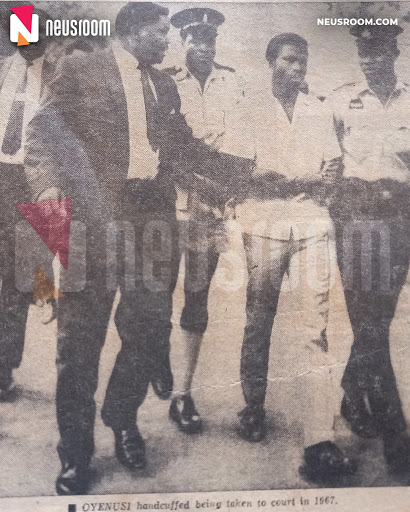
Oyenusi made numerous disciples who carried on with his banditry legacy even after his execution at the Lagos Bar Beach. Photo: National Archive.
Williams became a prominent member of one of the groups.
While Oyenusi was notorious for visiting terror on his victims and killing them after robbing them of their valuables, Williams claimed his group was more organised and often used a banker as an informant.
“He (the banker) was feeding us with information on companies that would be coming to withdraw money for their workers’ salaries and how we would carry out the operations. But when the bubble burst he escaped, even though his name was mentioned,” Williams said.
His Arrest
Williams’ responsible family background gave him off to the police when his mother started observing strange activities around her teenage son.
“My mother was able to note the change immediately, knowing that something was wrong. I was her only son and we were very close,” he said.
His mother trailed him until she found the truth about her son and without wasting time, she alerted the police “in the hope that they would rescue me from that life.”
He was rescued but he had to pay the price, spending 10 years in jail.
In the 1970s and1980s, those arrested for armed robbery in Nigeria were sentenced to death by firing squad at the Lagos Bar Beach, but after considering his mother’s effort, the judge spared him a death sentence because of his age and his mother, sentencing him to 10 years in jail while his colleagues were condemned to death.
Life in the prison and after
Through his parents’ influence, Williams lived a relatively comfortable life in prison better than many other inmates. He said he had a room to himself and was also allowed to study and spend days in the library instead of doing manual labour. While serving his jail term, he became an evangelist.
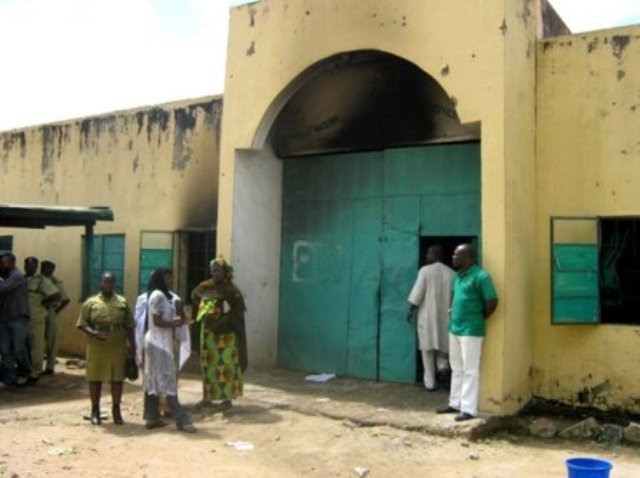
“When criminals leave prison, they come out with a vengeance and the determination to unleash more terror on society,” Williams.
The first few years of his life in jail were not different from life outside, as he was training other convicts to become more notorious. But soon, he found solace in spirituality, and on June 4, 1976, while in prison he said he gave his life to Christ.
“By the time I was inside, I became one of the leaders that had an interest in training other criminals to become hardened until God came into my life and I promised that I will be a symbol of change for others.”
After his redemption, he sought to change others and went for as many as he could. Since leaving prison in 1980, he has been evangelising and leading a campaign for prison rehabilitation and reformation of inmates.
Ten years inside Nigerian prisons opened his eyes to the rot in the system and he committed his life to lead a campaign for the reform and rehabilitation of prisoners.
On June 1, 2001, he got a presidential pardon from former President Olusegun Obasanjo. He was also appointed as a member of the Presidential Committee on Prison Reforms and Rehabilitation.
Williams is presently the presiding Bishop of Christ Vessels of Grace Church Inc. International and Director General of the Prison Rehabilitation Mission International.
The 68-year-old preacher has been married for 39 years but he does not like to talk about his family in media interviews.
He told Neusroom: “I want my family to bear their cross alone, I don’t want people to stigmatize them because of me. However, I gave them my first and last names as a compound surname because I believe the name will open doors.”
40 years after leaving jail, Williams told Neusroom that random people still call and “tell me that I am spending the money I stole before I went to prison.”


Thank God for he has delivered him. Hallelujah.